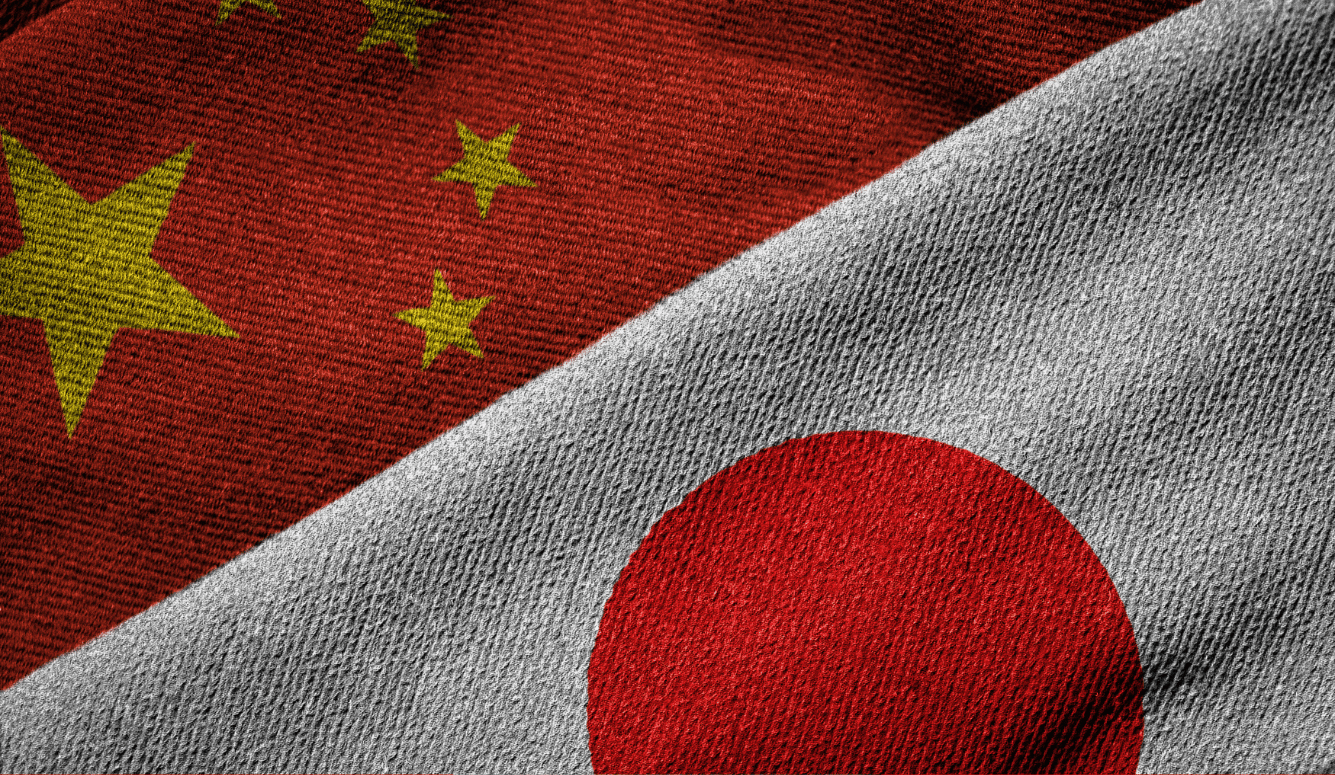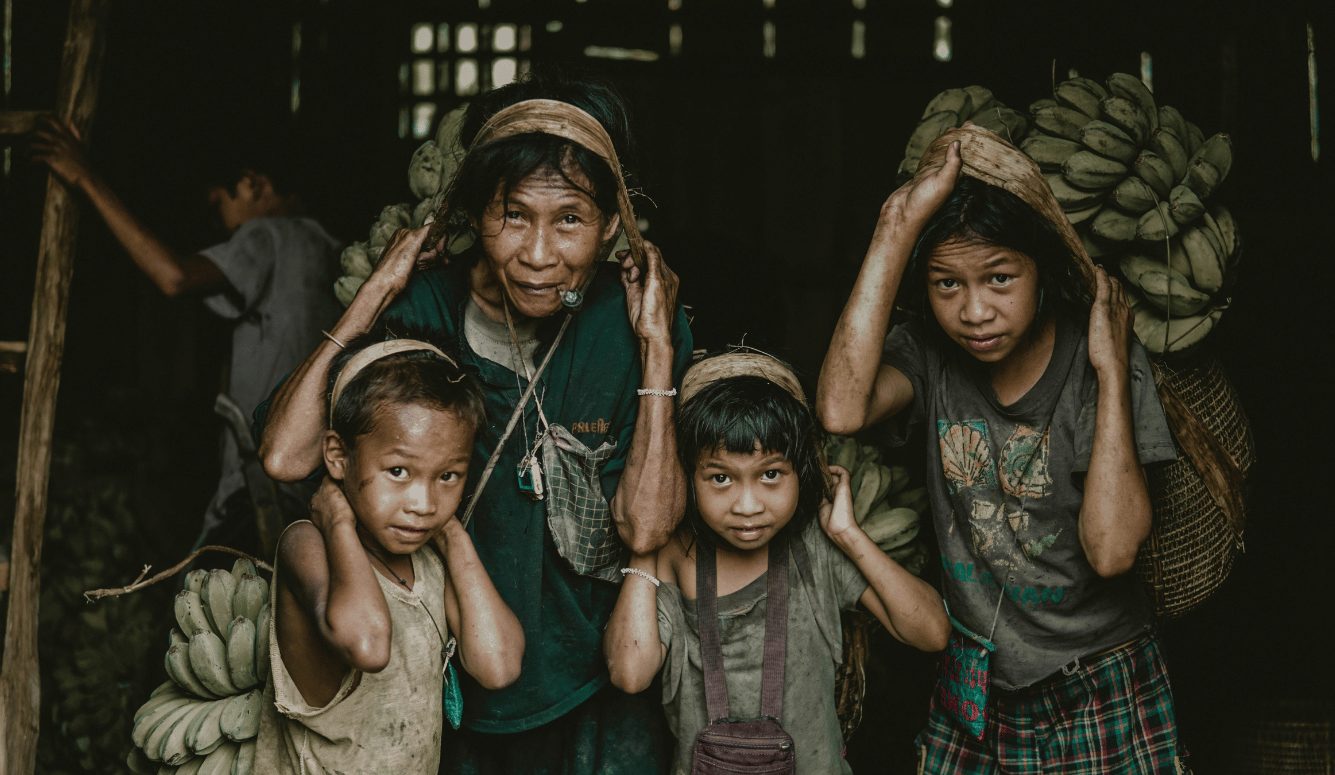Politics
Brainwashing and Blood Feuds
The Communist Party bears responsibility for the outbursts of Chinese hatred against Japan and its citizens.

On the morning of 18 September, in China’s deep south, a ten-year-old boy of mixed Japanese and Chinese ancestry arrived with his mother at Shenzhen Japanese School. The child was immediately attacked by a Chinese man unknown to him, and knifed multiple times in the abdomen and thigh. One observer described a scene hard to forget: a mother screaming for help, several passers-by attempting CPR, and “a little boy lying in a pool of blood with his eyes wide open.” Shen Hangping died of his wounds early the following morning.
The Chinese Foreign Ministry’s hasty dismissal—“Such an accidental event can happen in any country in the world”—only succeeded in amplifying what it sought to obscure. While a random stabbing may not be a unique phenomenon, the modern Chinese hatred for Japan is certainly unique. There is no other history like the history these two share.
Even the date of the killing belied the notion that it was random. The eighteenth of September—or “918”—is the anniversary of the moment in 1931 when Japanese soldiers dynamited their own railway in South Manchuria, a false-flag operation that allowed them to immediately invade China. The killer knew the date; everyone knows the date. It’s a history that weighs heavy on the minds of all those educated by the Communist Party—so heavy that in the aftermath of the murder, some Chinese netizens actually accused Japan of staging this event too.
Three months before the Shenzhen tragedy, a Chinese man boarded a school bus in Suzhou, carrying a knife. He launched himself at a Japanese woman and her child. Bus attendant Hu Youping tackled him from behind, wrapping her arms round him. She sustained multiple stab wounds in the process, one of which pierced her heart, causing haemorrhagic shock. She died in hospital two days later (the mother and son both survived). Once again, the attack occurred right by a Japanese school, and once again, the Chinese Foreign Ministry was less concerned with expressing regret than it was with waving away the incident: “Similar cases may happen in any country!”
The atmosphere is restless and febrile; Japanese expats have been asked to refrain from speaking their native language in public. A video urging police to “expel” Shenzhen Japanese School from the country has been gaining traction on the popular app WeChat. Tokyo now talks of spending $2.5 million on security guards for buses serving Japanese schools in China.
“This is the result,” says former Japanese diplomat Yamagami Shingo, “of anti-[Japan] school education.” He’s not wrong. It is the Communist Party that bears responsibility for public hatred of China’s eastern neighbour. In kindergarten, children are coached to dress up as Chinese soldiers and “massacre the Japanese.” (The experience is formative: as adults working for companies like Tencent, they dress up at galas and indulge in the same performance all over again.) Children in rural villages chant “Japanese ghosts!” as they hurl stones at Western cyclists sporting handkerchiefs in their hats, because of the vague resemblance to Japanese soldiers. Bullies use the same taunt in the school playground.
The worst has just happened.
— Ambassador YAMAGAMI Shingo (@YamagamiShingo) September 19, 2024
A boy in Japanese School was stabbed to death in Shenzhen 🇨🇳
This is the result of anti-🇯🇵 school education of long years & belligerent remarks under the Wolf Warrior Diplomacy of recent years.
More investment?
No kidding
https://t.co/ekUWDrpa0r
In history lessons, no single event in the country’s long past is given as much focus as the 1937 “Rape of Nanking,” during which the Japanese imperial army tortured, raped, and killed huge numbers of Chinese. Students are taught to obsess over the atrocity, and certainly not to query it. Three years ago, one tutor chose to overstep that red line and question the Party-approved statistic for the Nanking casualty count (300,000). First, she was pilloried in state media—“errant as a teacher” and “errant as a compatriot”—then she was fired from her job. Another schoolteacher who publicly defended her was, for unclear reasons, punished even more severely: she was forcibly admitted to a psychiatric institute, despite being four months pregnant.





